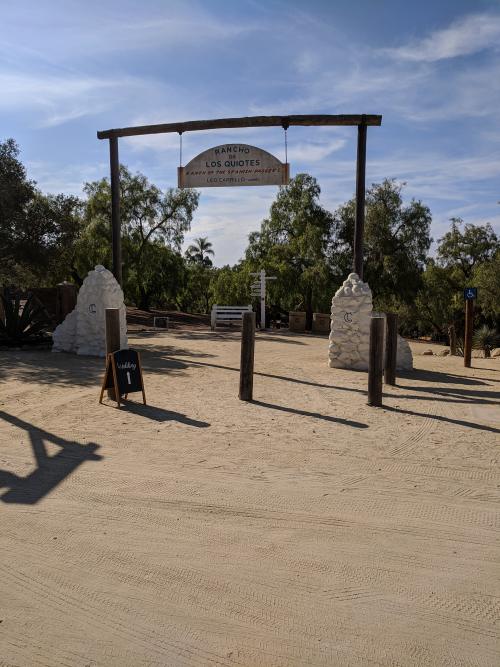After some testing, this post is primarily about being persistent and willing to test new things you come across, because if you aren’t willing to try to test them, then you may never know whether Google might have implemented something.
The answer to a query might be based upon the location of the device upon which you are searching, according to a newly granted patent from Google.
The patent tells us that it will rewrite “queries based on one or more implied entities.” It works to identify a set of entities based on an approximate location of a user device submitting a query, and rewriting that query to explicitly reference an entity of the set of entities, which the query references.
Related Content:
I wrote about this nearby locations patent before, when it was a pending patent application published in 2016, in the post How Google May Interpret Queries Based on Locations and Entities (Tested)
There is a good chance that Google knows about the location of entities, such as local businesses, schools, parks, and so on, and if you search from one of those locations, Google may be about to tell you more information about the entity in that location. I was able to use Google Maps to navigate to a place I wanted to test, so it knew what was at the location I wanted to test with a query.
The last time I wrote about this patent I lived a couple of towns over in Cardiff-by-the Sea, California, and there was a well-known statute about half a mile away referred to be residents of the town as the Cardiff Kook. I walked over to the statue and asked Google what the name of the Statue was. It didn’t give me an answer at that time.
I wanted to try a search at a nearby location where there might be a well-known entity, such as a park, and see if Google picked upon on the entities at my location or not. When I tried it last time, Google didn’t know that the Cardiff Kook Statue was right in front of me, so I wanted to try almost 3 years later.
I have a park around 3 miles from where I am now, in Carlsbad, California, and I am going to head out there now, and see if Google will tell me the opening and closing hours of the Leo Carillo Rancho.
I just returned from the park, and I tried a query asking “what are the hours of operation?” and it didn’t know what I was talking about, and didn’t rewrite my query, to make it about the park I was standing in front of. The park was open, and I was standing right in front of it.
The granted version of this patent is at:
Interpreting user queries based on nearby locations
Inventors: Behshad Behzadi and Nils Grimsmo
Assignee: Google LLC
US Patent: 10,474,671
Granted: November 12, 2019
Filed: May 8, 2015
Abstract
Methods, systems, and apparatus, including computer programs encoded on a computer storage medium, for receiving a query provided from a user device, and determining that the query is implicitly about some entity, and in response: obtaining an approximate location of the user device when the user device provided the query, obtaining a set of entities including one or more entities, each entity in the set of entities being associated with the approximate location, and determining that the query is implicitly about an entity in the set of entities, and in response: providing a revised query based on the query and the entity, the revised query explicitly referencing the entity.
Takeaways on the nearby locations patent
The process described in this patent isn’t working yet. We know that Google has been getting better at Mobile location history. I’m hoping at some point they become confident enough about understanding the location of businesses, parks, and other points of interest that they can answer queries about entities at specific locations.
After a few trips to Europe in the past couple of years, it would be great to ask questions about restaurants with names that aren’t in English, such as what is on the menu, when they are open if there are any reviews for them. That could be useful at museums and other attractions too.
Until that day, I will test Google’s ability to rewrite queries based upon entities that are right in front of me and see if the search engine has added that ability.
Hopefully the next time I test this patent, it will work. I’m looking forward to that day.
Search News Straight To Your Inbox
*Required
Join thousands of marketers to get the best search news in under 5 minutes. Get resources, tips and more with The Splash newsletter:
